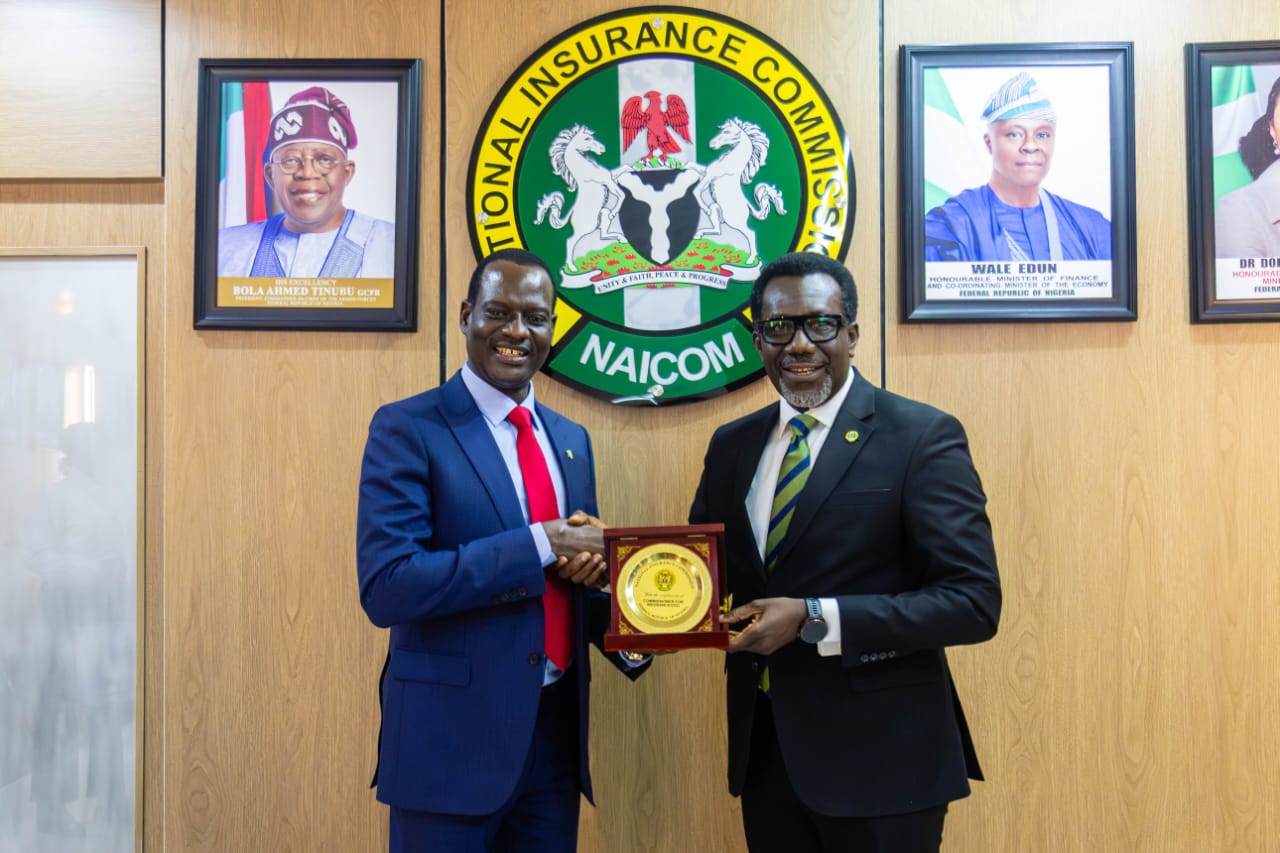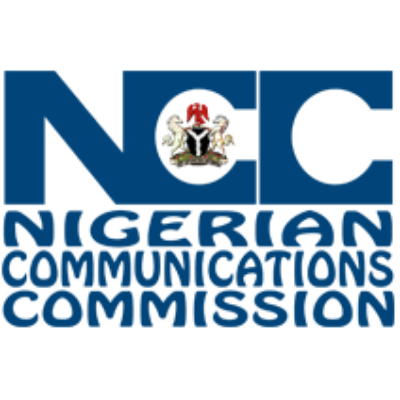….decries Alarming Power Theft
Some stakeholders in the power sector operating under the off-grid system have argued that deployment of embedded generation complements serve as a measure to reduce transmission losses and costs.
A board member of the Nigerian Independent System Operator (NISO), Engr. Lamu Audu highlighted the benefits of embedded generation and off-grid systems as complementary measures to reduce transmission losses and costs, while speaking during the 5th Annual Conference of the Power Correspondents Association of Nigeria (PCAN) in Abuja on Thursday.
He called for urgent reforms, emphasising decentralised energy solutions and fair, transparent tariff frameworks to address consumer rights and energy poverty challenges.
While making reference to the 2023 Electricity Act, which empowers states to establish sub-national electricity markets, Engr Audu, who is also the Managing Director of Mainstream Energy Solutions, made a case for micro-grids, embedded generation, and decentralised energy solutions to improve reliability and lower costs.
Represented by the managing Director of the Nigerian Independent System Operator
NISO, Abdu Mohammed Bello, stated that regardless of tariffs reviews, political and social factors have kept tariffs below cost levels, resulting in underinvestment and unreliable supply. He maintained that there must be a balance between commercial sustainability and social fairness to ensure operators remain viable without pushing citizens further into energy poverty.
Lamu while speaking about tariff designs said it determines whether utilities can recover their costs, whether investors can see credible returns, and whether consumers can afford to remain connected.
” Yet, despite several tariff reviews guided by the Multi-Year Tariff Order, the sector continues to face persistent liquidity shortfalls, under-recovery by the Distribution Companies, inadequate investment in infrastructure, and weak supply reliability that often undermines consumers’ willingness to pay.
“While the tariff framework provides a transparent methodology based on key variables such as exchange rate, inflation, and gas price, political and social considerations have often led to tariffs that remain below actual cost levels.
” The result is a system that struggles to attract investment, sustain operations, and deliver the level of service that Nigerians rightly expect.
“But beyond the economics lies a deeper issue, the enduring challenge of energy poverty. Millions of households in Nigeria still lack access to reliable electricity.”
In his welcome remarks, the PCAN chairman, Obas Esiedesa, said over the years, the conference has evolved into one of Nigeria’s most credible platforms for sectoral dialogue, a space where journalists, policymakers, regulators, operators, investors, and civil society come together to discuss the issues shaping our power industry.
Quoting the World Bank, the PCAN chairman stated that, about 43 per cent of Nigeria’s population, still lack access to grid electricity, making Nigeria home to the largest electricity access deficit in the world.
Also speaking, NISO’s General Manager, Ali Bukar, lamented the deepening liquidity crisis in the electricity market, disclosing that over 68 per cent of consumers are bypassing meters or engaging in other forms of power theft.
This level of meter bypassing is undermining the financial stability of the sector,” Bukar said. He called for stricter enforcement and the deployment of technology to curb theft and leakages within the system.
On his part, the executive director of the Electricity Consumer Protection Advocacy Centre, Chief Princewill Okorie, representing electricity consumers, urged international human rights bodies, including United Nations Watch, Global Rights, and the Commonwealth Human Rights Initiative, to intervene in the ongoing alleged violations of consumer rights in Nigeria’s electricity sector.
Okorie criticised the current tariff system for exploiting consumers through estimated billing, poor infrastructure, and lack of transparency in how DisCos use operational and capital expenditure. He highlighted that consumers often pay out-of-pocket for infrastructure like transformers and cables without reimbursement.




